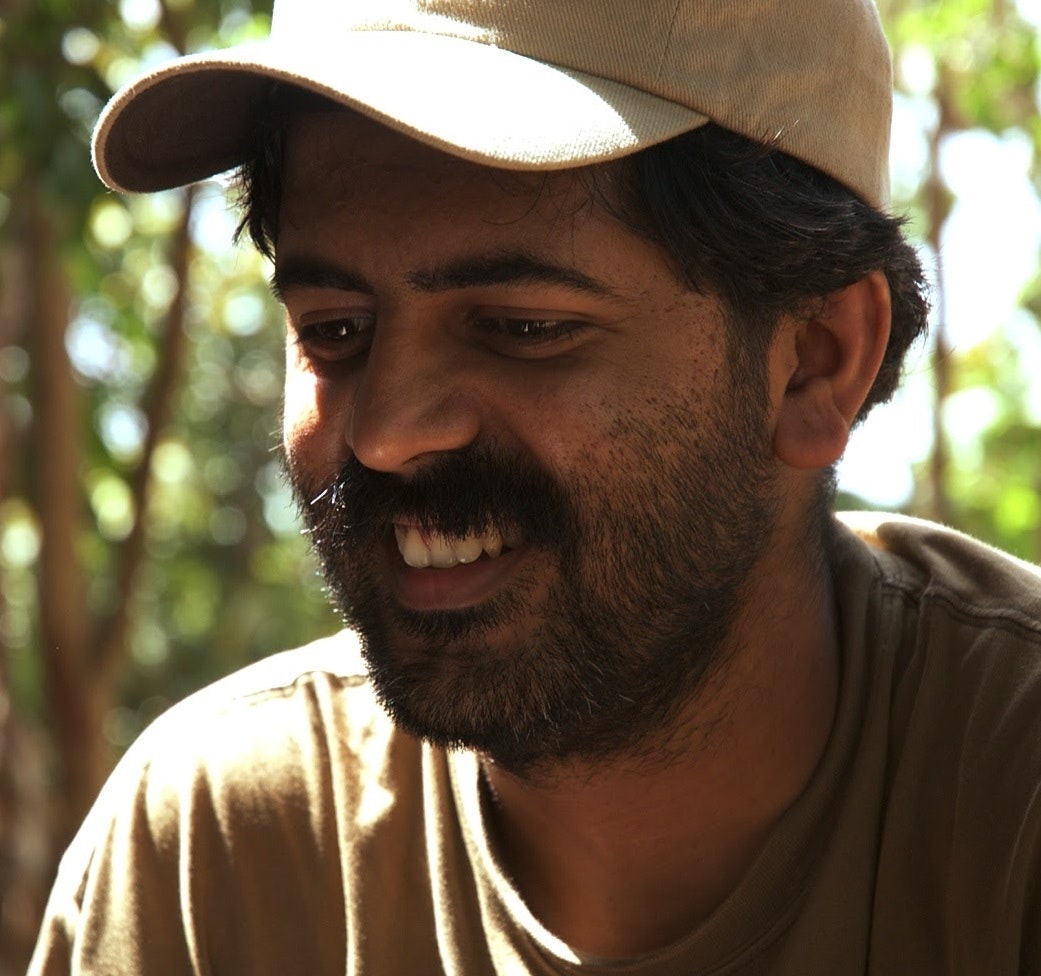Making good neighbours: Conflict reduction between people and endangered wildlife, Western Ghats
Dr. Madhusudan is Director of Nature Conservation Foundation, a young NGO that has grown quickly to become one of the most respected in India. His work focuses on the Western Ghats – the world’s most densely populated biodiversity hotspot, supporting 350 people per square kilometre. It is also home to an estimated 350-500 tigers alongside 15,000 elephants and a host of other endangered wildlife.
So much wildlife alongside so many people has led to increasing tension over space. Despite being prohibited by law, local people rely greatly on subsistence use of the forest. Madhu’s research gives growing evidence that such use is often not sustainable. At the same time, proximity to parks imposes heavy costs on the same local communities when they suffer agricultural and livestock losses to wildlife.
Madhu and his team work to combine science with practical conservation action to resolve conflict. Nationally, he is part of a Government-backed project to map the distribution of large mammals and identify new conservation areas, whilst regionally he researches the ecology and economics of agro-forestry sites close to reserves. At grassroots level, he works with farmers around the Bandipur Tiger Reserve on a pilot community-based conflict mitigation project.

Madhu’s community work was partly inspired by an elderly couple he met whilst conducting wildlife research. Over time he learned they were entirely dependent on crops from a tiny plot of rented land, paid for in grain. Each day, the man and his wife laboured in the field; each night, the man climbed a ‘look-out’ tree to deter marauding elephants.
“One morning, I found the couple disconsolate. The night before, the exhausted man had nodded off briefly yet in those few moments, their entire crop had been destroyed, leaving them with nothing ….For someone raised in the city, like me, it showed the true harshness of marginal life and the high cost our very poorest people pay for wildlife conservation.”
Madhu and his team work with families whose farms border protected areas to develop solutions, such as solar-powered electric fences to protect crops. Before the fence went up a year ago, families were losing about a quarter of their crops to elephants; this year, they’ve lost none.

A more productive farm reduces the likelihood of communities illegally using the park for grazing or fuelwood. Madhu is working with park officials to improve policy and increase social equity, whilst at the same time expanding his work to help more families, and the wildlife they live alongside, become good neighbours.





